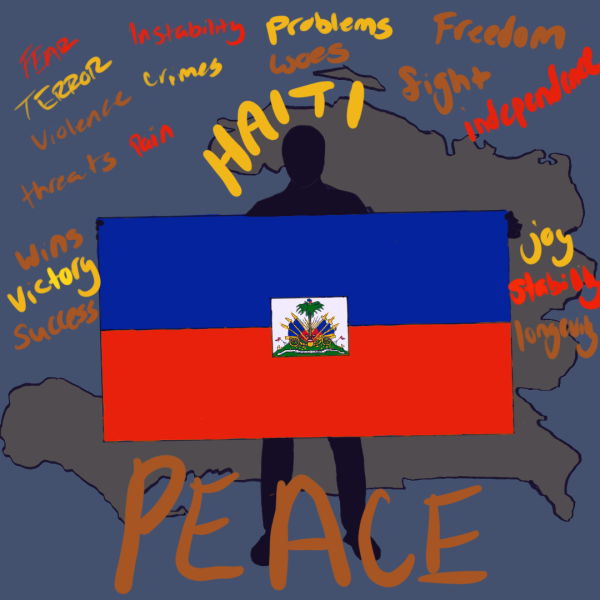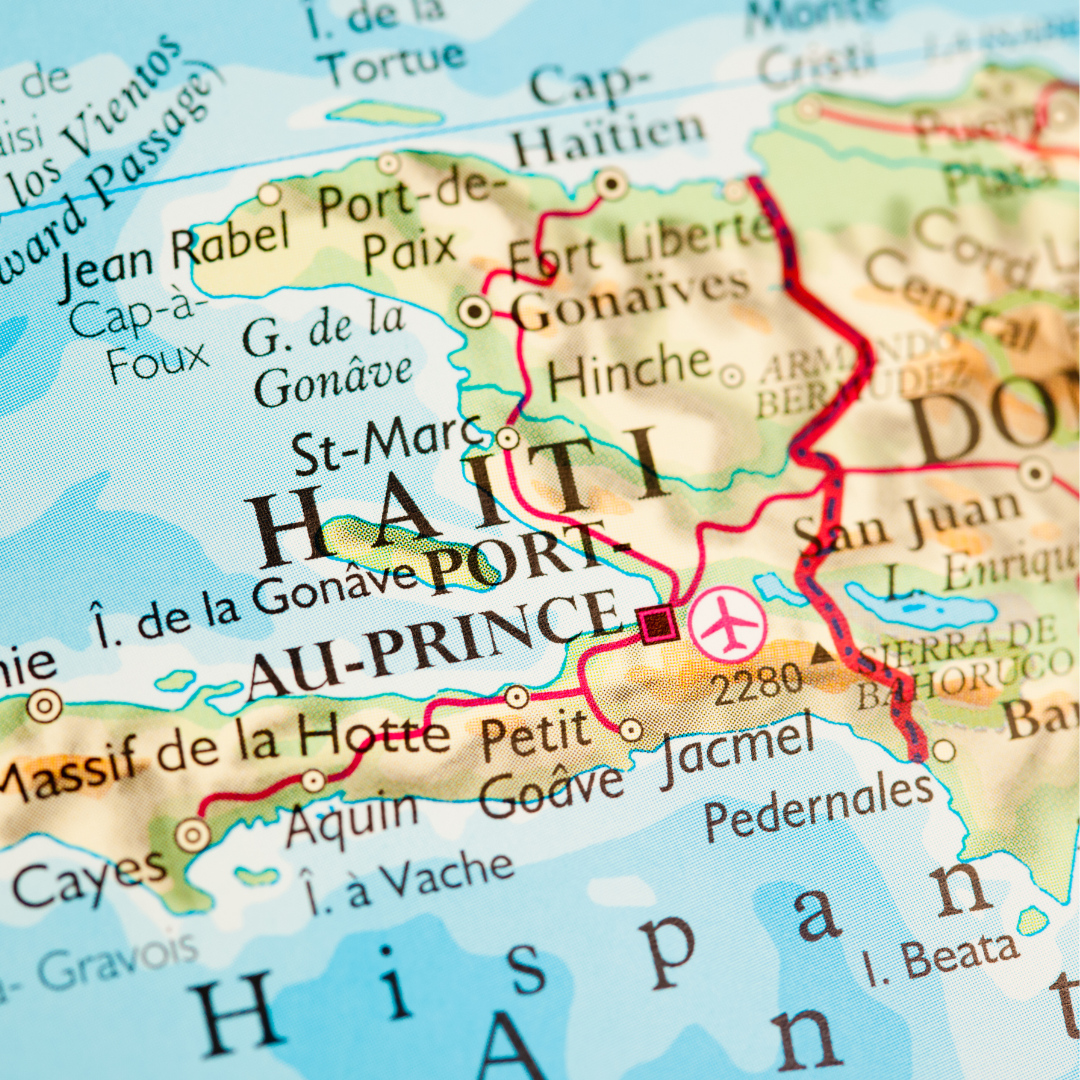Haiti, the first independent nation in the Caribbean, is a country that shares a border with the Dominican Republic and was previously colonized by France. When the people of Haiti fought for their independence in 1804 and broke free from French control, France responded by making Haiti pay 150 million francs for its “losses.”
As a result, Haiti has been a country that has been struggling for political and economic stability. Three years ago, Haiti’s president Jovenel Moïse was assassinated by a group of 26 foreign mercenaries and two Haitian-Americans.
Following Moïse’s assassination, gang violence increased exponentially.
Armed groups have been prominent in Haiti since the mid-1900’s, but now gangs have taken control of the capital of Haiti, Port-au Prince. On Feb. 29, gangs seized control of Haiti’s capital. Despite the conflict being outside of the United States borders, over a million people of Haitian descent live in the U.S. and Georgia has a population of over 30,000 Haitians.
“I was born here [but] both sets of my grandparents were born [in Haiti],” junior Naomi Simeon said.
The current situation in Haiti has caused security threats to many Haitians, and some fear that it may also lead to mass migration.
“Because of the conflict in Haiti, my grandfather is currently living with me and he can’t go back to his home until further notice,” Simeon said.

While the full motives of the gangs in Haiti remain unclear, one thing is certain for Haitians.
“The main cause, I think, is the corruption in the government, and [Haiti lacks] people [that] regulate crimes,” Simeon said.
Gangs shifted from attacking the capital to communities that were considered to be peaceful.
“I’m not sure what is being done to help the situation. I haven’t heard it get better yet [and] I don’t know how soon it will be resolved. [Political unrest and violence in Haiti] has been going on since 2021, I believe,” Simeon said.
Staff writer Connor Lafontant has family members living in Port-au Prince, but there were difficulties trying to reach out to them. Lafontant has family members living in Cap-Haitien as well, another city in Haiti where Haitians are not directly experiencing conflict but are taking precautions.
“There have been periods of curfews that were placed on different communities that lasted about three days. Residents were urged to stay in their homes between the hours of 6 p.m. and 6 a.m. for a period of three days, then the curfew was lifted. Access to healthcare, schools, food, fuel [and] public transportation has been stopped. The gangs have threatened violence on any type of movement in the city or wherever they occupy,” said Lizanne Nivol, Lafontant’s great aunt.
Lafontant’s cousin currently living in Florida was also available and willing to give context to the situation.
“Haiti’s existence has always been an issue for many colonial powers. Because of that, many of those powers have always interfered in the affairs of Haiti. Because of this, many of the leaders who have come into power since 1915 have always tried [to] have some allegiance to these former colonial powers. So this leads to the first reason Haiti is in this position: Many of the political leaders in the country have been puppets for former colonial powers. This can be seen in how none of these current and former leaders have had no issues during this current turmoil. Many of the people living in the country would need to coordinate together and form groups that do not have a single leader, but a coalition of leaders,” said Morana St. Hilaire, head pastor of First Haitian Baptist church.





